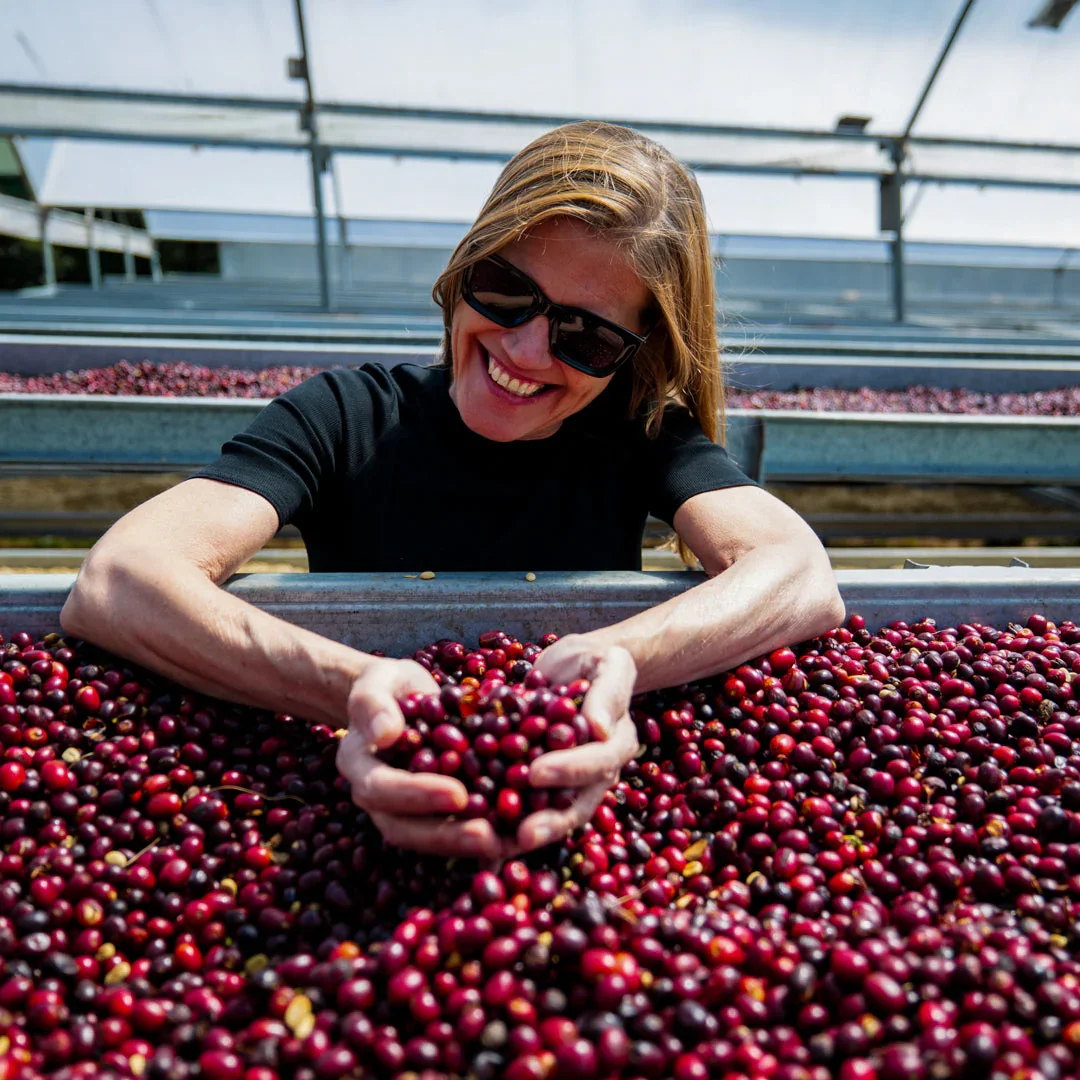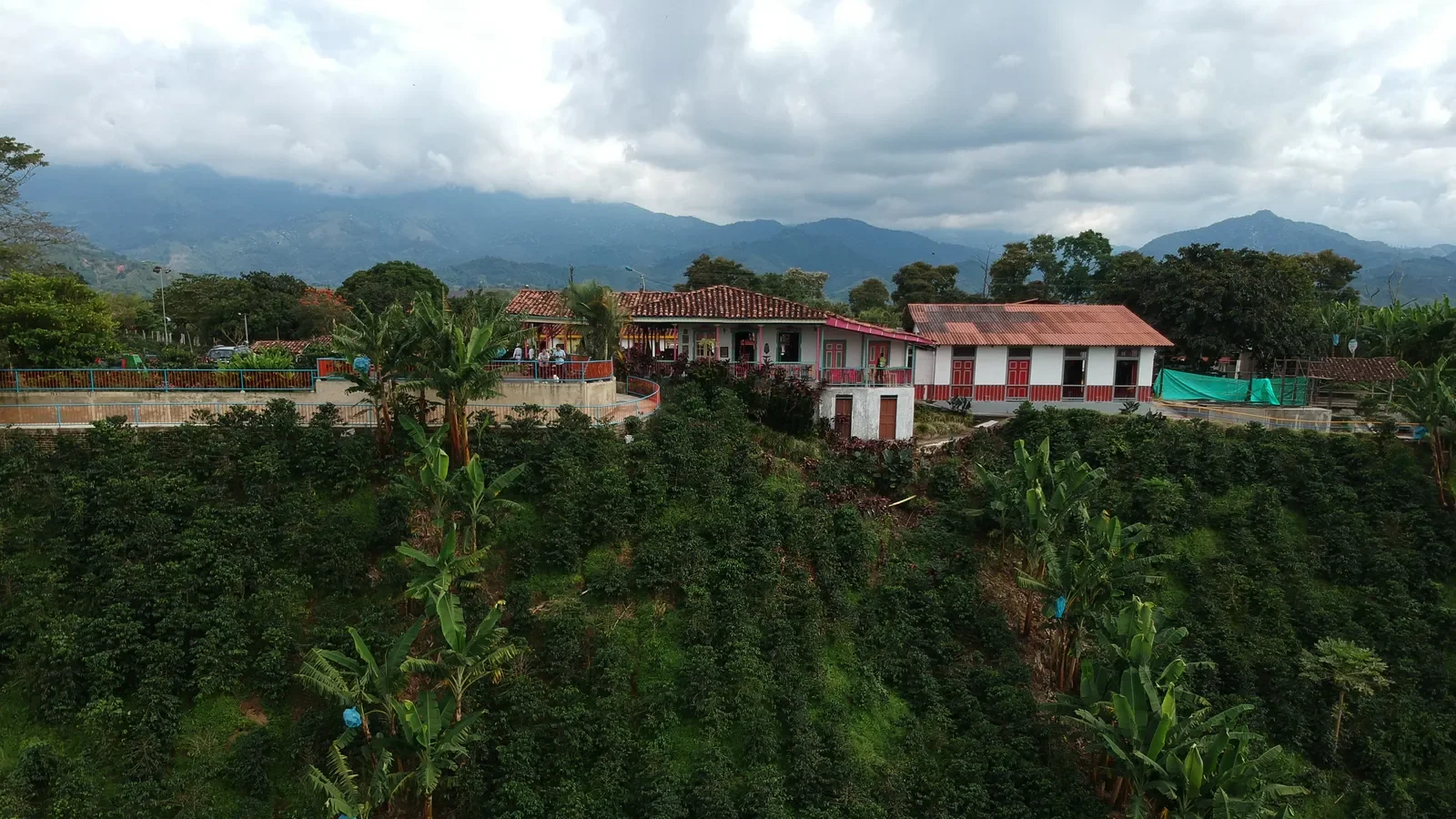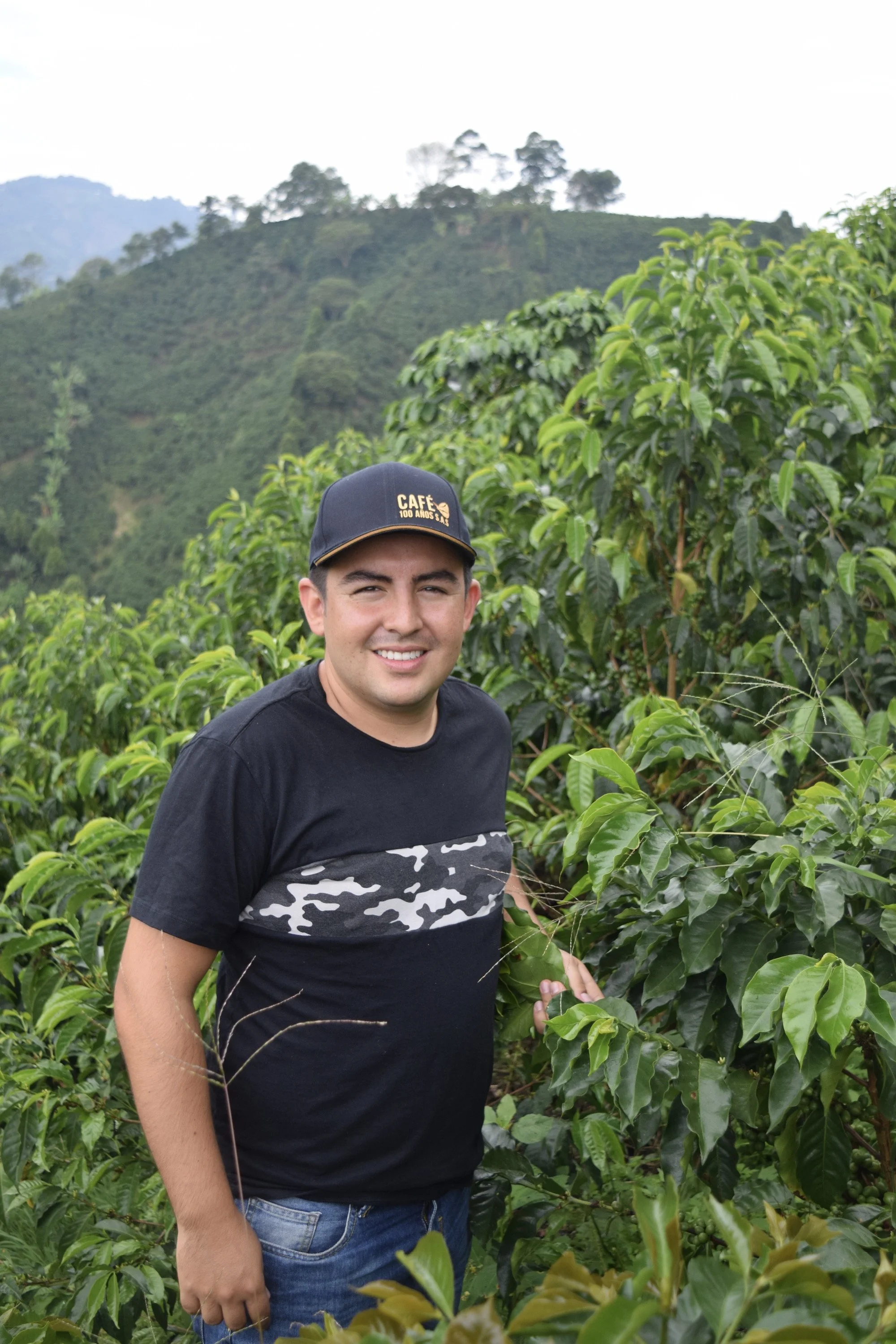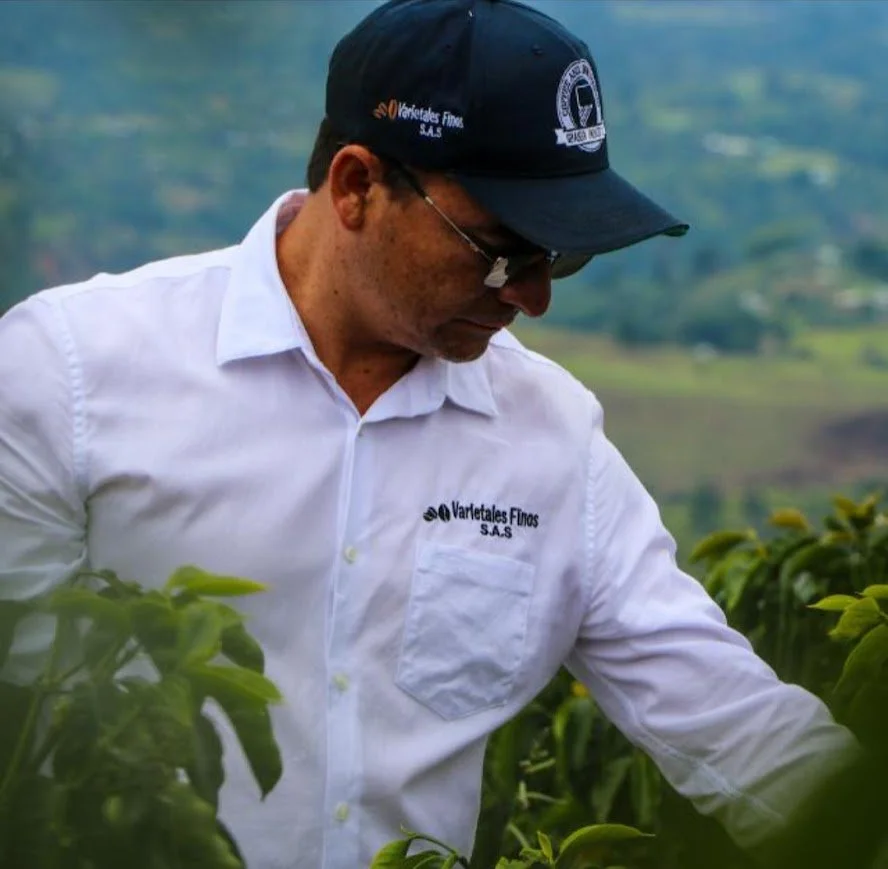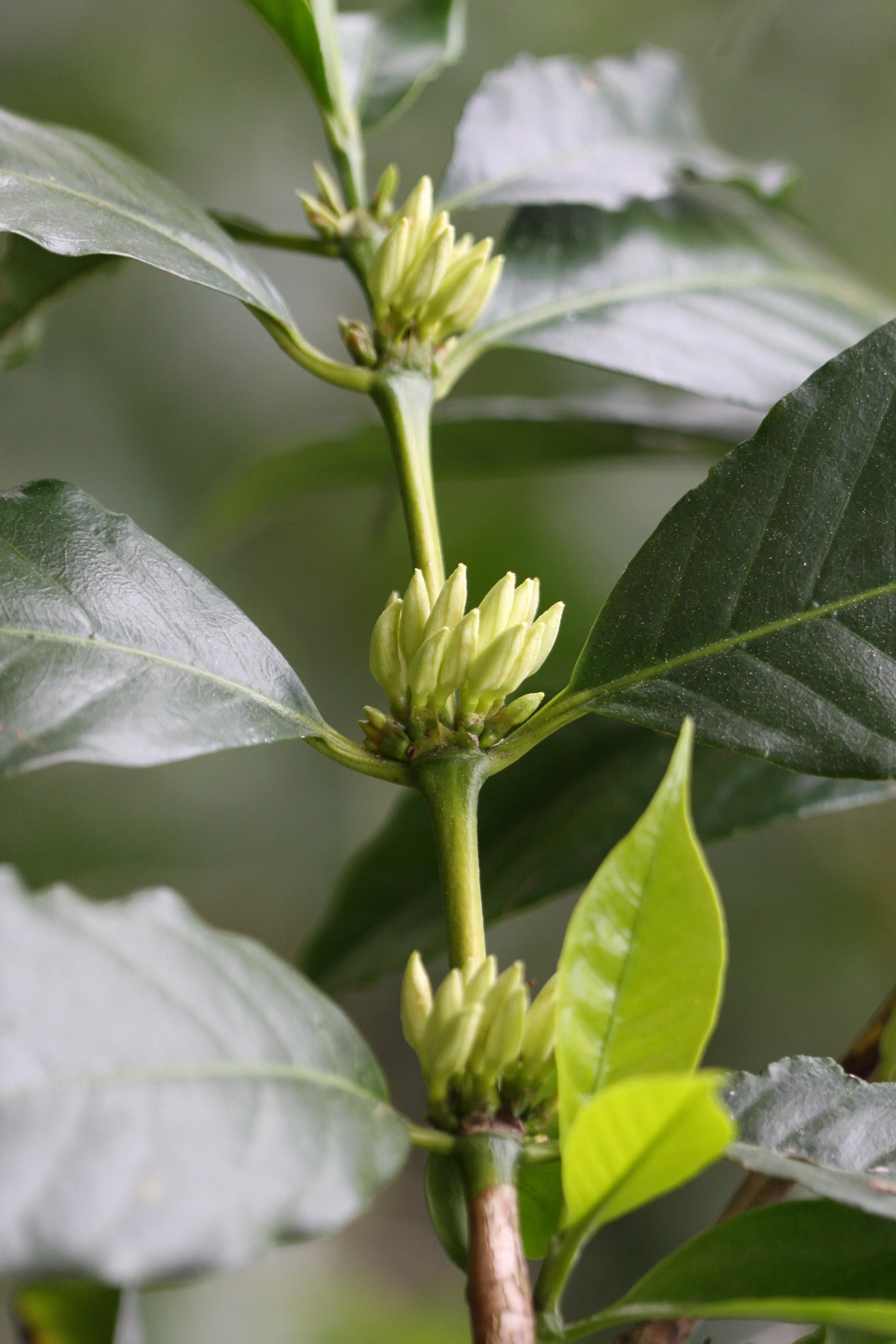 Image 1 of 5
Image 1 of 5

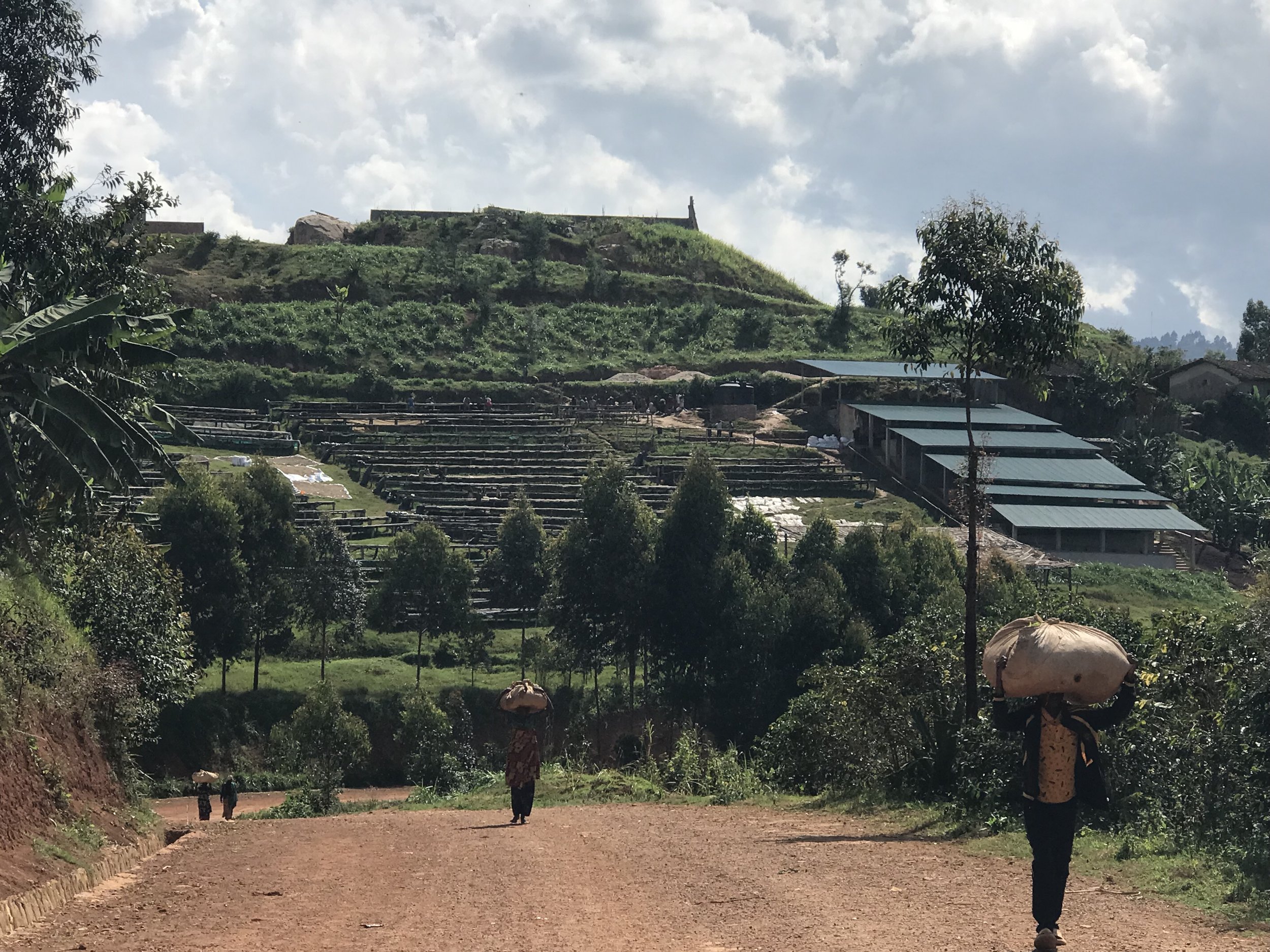 Image 2 of 5
Image 2 of 5

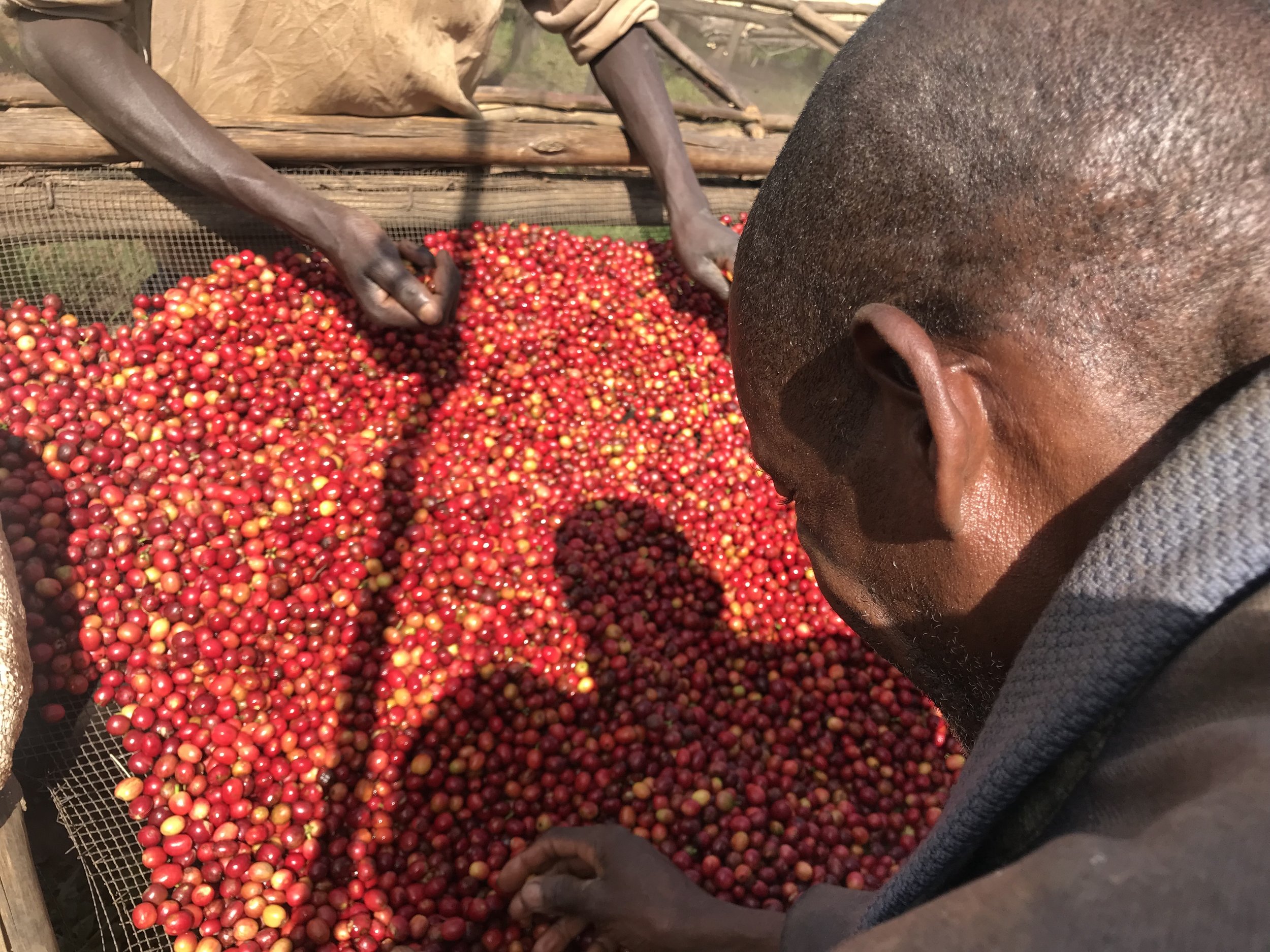 Image 3 of 5
Image 3 of 5

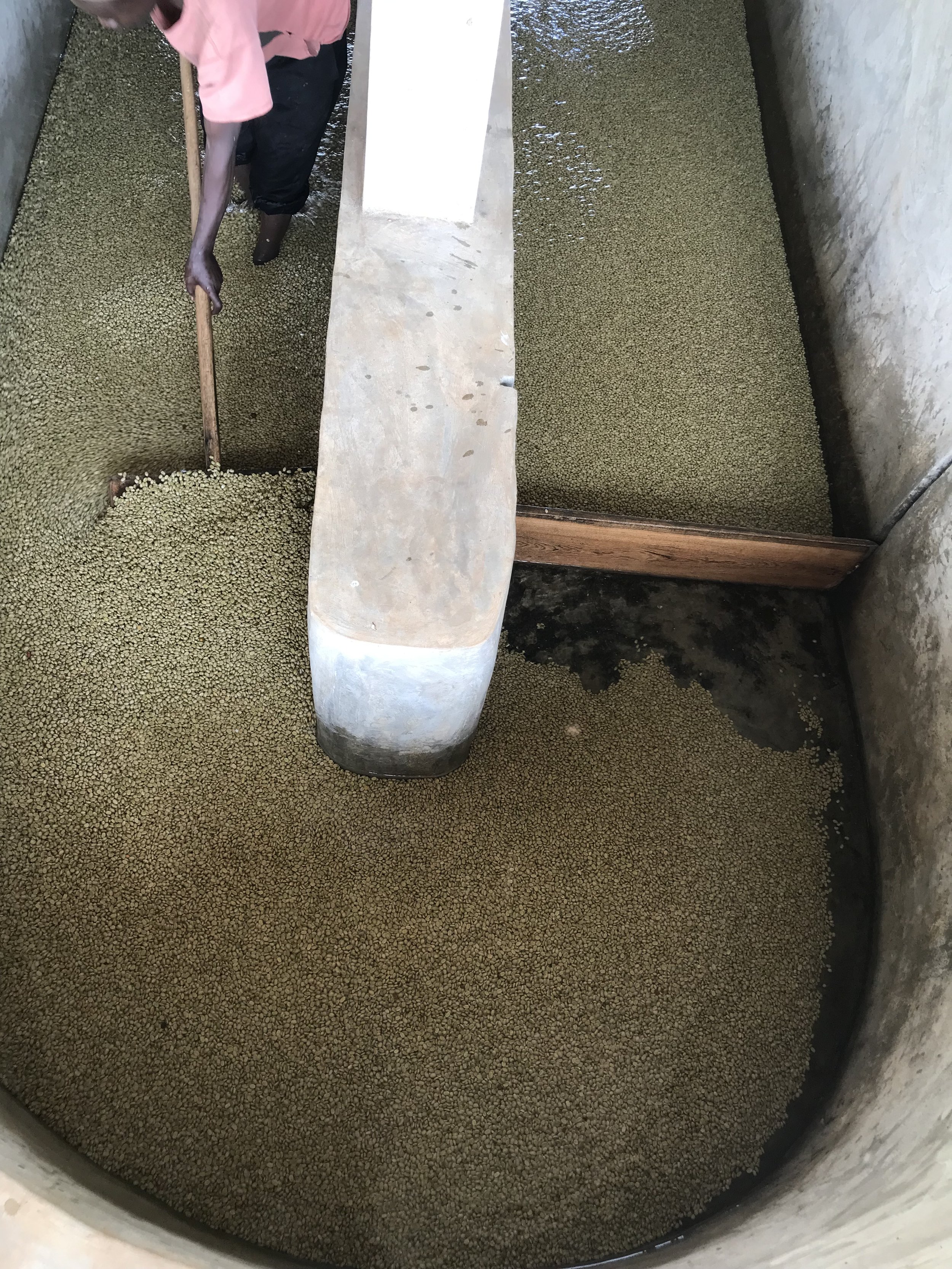 Image 4 of 5
Image 4 of 5

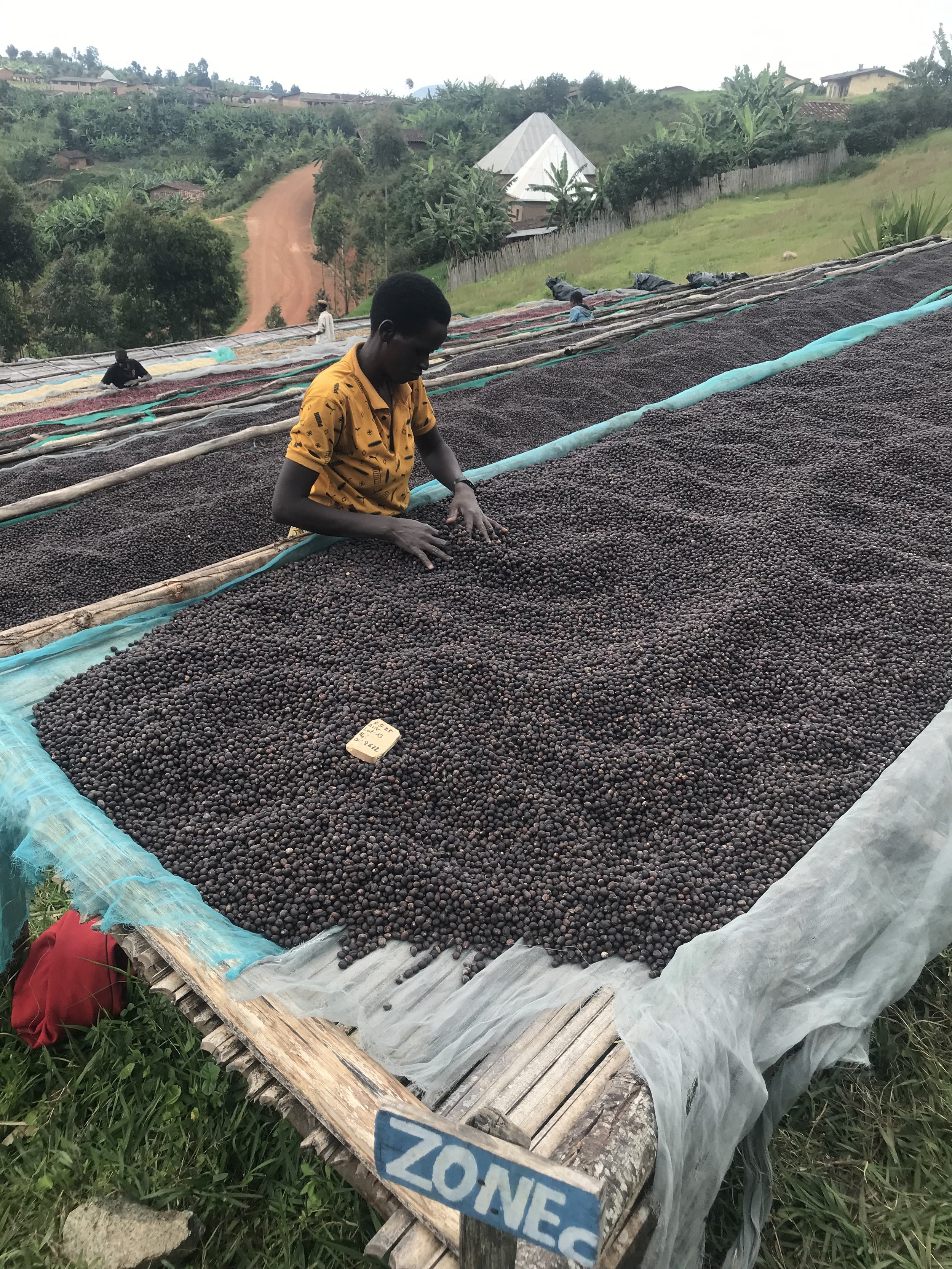 Image 5 of 5
Image 5 of 5






Burundi, Kayanza Remera - Natural
Tasting Notes: Red fruits • Cacao Nibs • Red Liquorice • Smooth Mouthfeel
About the coffee I Background Information
The Remera Hill Natural Coffee is produced at the Umuco Coffee Washing Station, located in Muruta Commune of Kayanza Province.
This washing station has been working with Migoti Coffee for several years and is owned by three Burundian entrepreneurs: Picasso, Zephyrin and Jeremie. These friends began collaborating in 2017 by planting a coffee plantation with 32,000 coffee trees and distributing coffee seedlings to neighbouring farmers. In 2020, they started producing natural coffee exclusively, and in 2024, they built and operated a washing station to produce fully washed coffee for the first time. Over 1,700 coffee farmers deliver cherries to the Umuco station. The goal is to help farmers increase their yield per tree from 1 kg to 5 kg per year through training in good agricultural practices. They also strive to improve farmers' quality of life by creating employment opportunities, particularly for youth and women.
Environmental Factors
As in all of Burundi, there is significant poverty, malnutrition and unemployment. Although coffee has been a primary crop in Burundi for many years, farmers across the country have become demotivated because the price they are paid for cherries has not kept up with inflation. The vision of the Umuco Washing Station and its owners is to help farmers achieve higher productivity from their coffee trees, plant more trees and receive better compensation per kilogram of cherries delivered to the washing station.
Processing Methodology
This washing station produces an average of 40 tons of green coffee per year, offering both fully washed and natural coffee. Natural coffee is produced by drying high-quality cherries on drying beds for 3—4 weeks until the cherries reach a moisture content of 11—12%. Each daily lot removed from the drying tables is assessed through cupping sessions before being blended into larger lots at the dry mill. After milling, the green coffee is stored in a well-ventilated warehouse on pallets before being transported by truck to the Dar es Salaam port ready for the journey to the shores of Australia.
Tasting Notes: Red fruits • Cacao Nibs • Red Liquorice • Smooth Mouthfeel
About the coffee I Background Information
The Remera Hill Natural Coffee is produced at the Umuco Coffee Washing Station, located in Muruta Commune of Kayanza Province.
This washing station has been working with Migoti Coffee for several years and is owned by three Burundian entrepreneurs: Picasso, Zephyrin and Jeremie. These friends began collaborating in 2017 by planting a coffee plantation with 32,000 coffee trees and distributing coffee seedlings to neighbouring farmers. In 2020, they started producing natural coffee exclusively, and in 2024, they built and operated a washing station to produce fully washed coffee for the first time. Over 1,700 coffee farmers deliver cherries to the Umuco station. The goal is to help farmers increase their yield per tree from 1 kg to 5 kg per year through training in good agricultural practices. They also strive to improve farmers' quality of life by creating employment opportunities, particularly for youth and women.
Environmental Factors
As in all of Burundi, there is significant poverty, malnutrition and unemployment. Although coffee has been a primary crop in Burundi for many years, farmers across the country have become demotivated because the price they are paid for cherries has not kept up with inflation. The vision of the Umuco Washing Station and its owners is to help farmers achieve higher productivity from their coffee trees, plant more trees and receive better compensation per kilogram of cherries delivered to the washing station.
Processing Methodology
This washing station produces an average of 40 tons of green coffee per year, offering both fully washed and natural coffee. Natural coffee is produced by drying high-quality cherries on drying beds for 3—4 weeks until the cherries reach a moisture content of 11—12%. Each daily lot removed from the drying tables is assessed through cupping sessions before being blended into larger lots at the dry mill. After milling, the green coffee is stored in a well-ventilated warehouse on pallets before being transported by truck to the Dar es Salaam port ready for the journey to the shores of Australia.

